In order to meet increasing restrictions on the sulphur content in marine fuel as defined by MARPOL Annex VI Regulation 14.1.3, the characteristics of the blending component feedstocks, method of production and type of cutter stocks used may be different from those in use today. As a result, marine fuels post 2020, i.e. max 0.50% blended fuels, are expected to result in a wide range of fuel formulations and characteristics and, consequently, an increased risk of instability and incompatibility compared with most fuels currently being used. The aim of the International Council on Combustion Engines’ (CIMAC) new guideline, “Marine fuel handling in connection to stability and compatibility”, is to provide a practical and working understanding of the definitions of stability and compatibility of residual marine fuel oils and how these two fuel properties may be best managed in the supply chain and on-board ships. The guideline also covers the accepted available test methodologies for stability and for predicting compatibility, as well as their applicability and correct interpretation. Read more
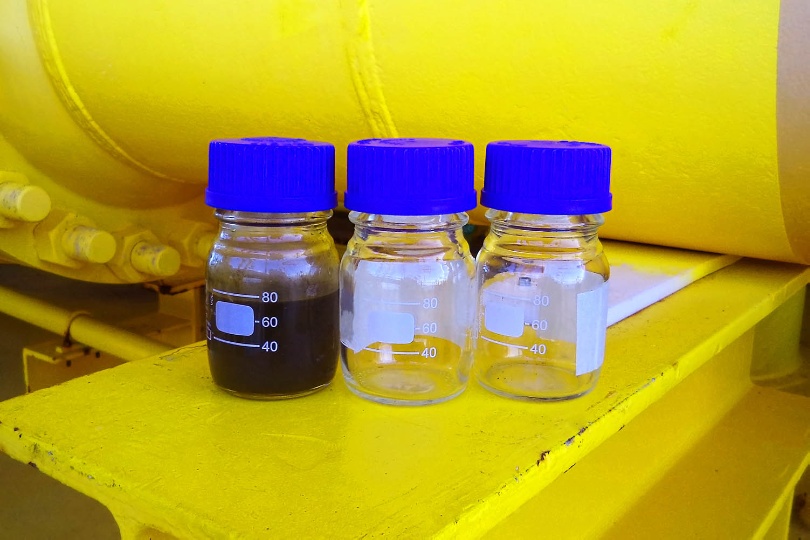
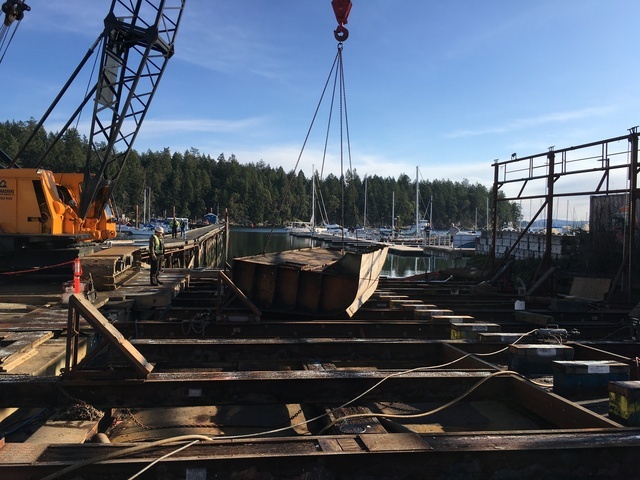
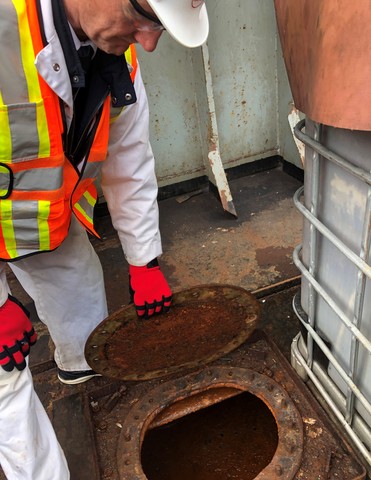





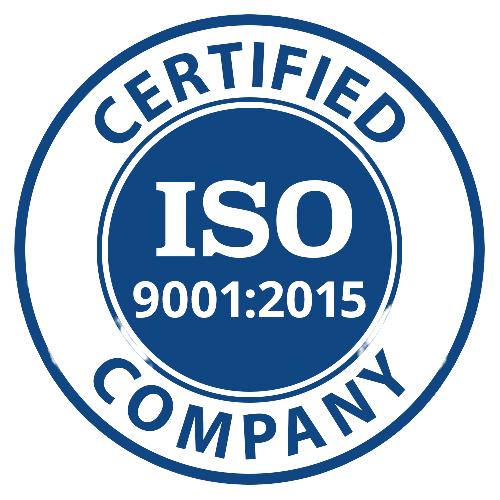
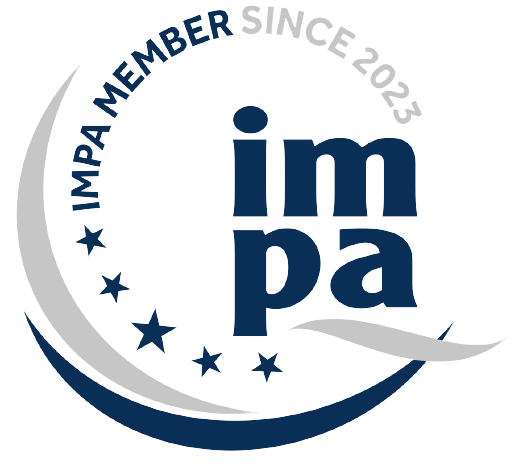
.jpg)

